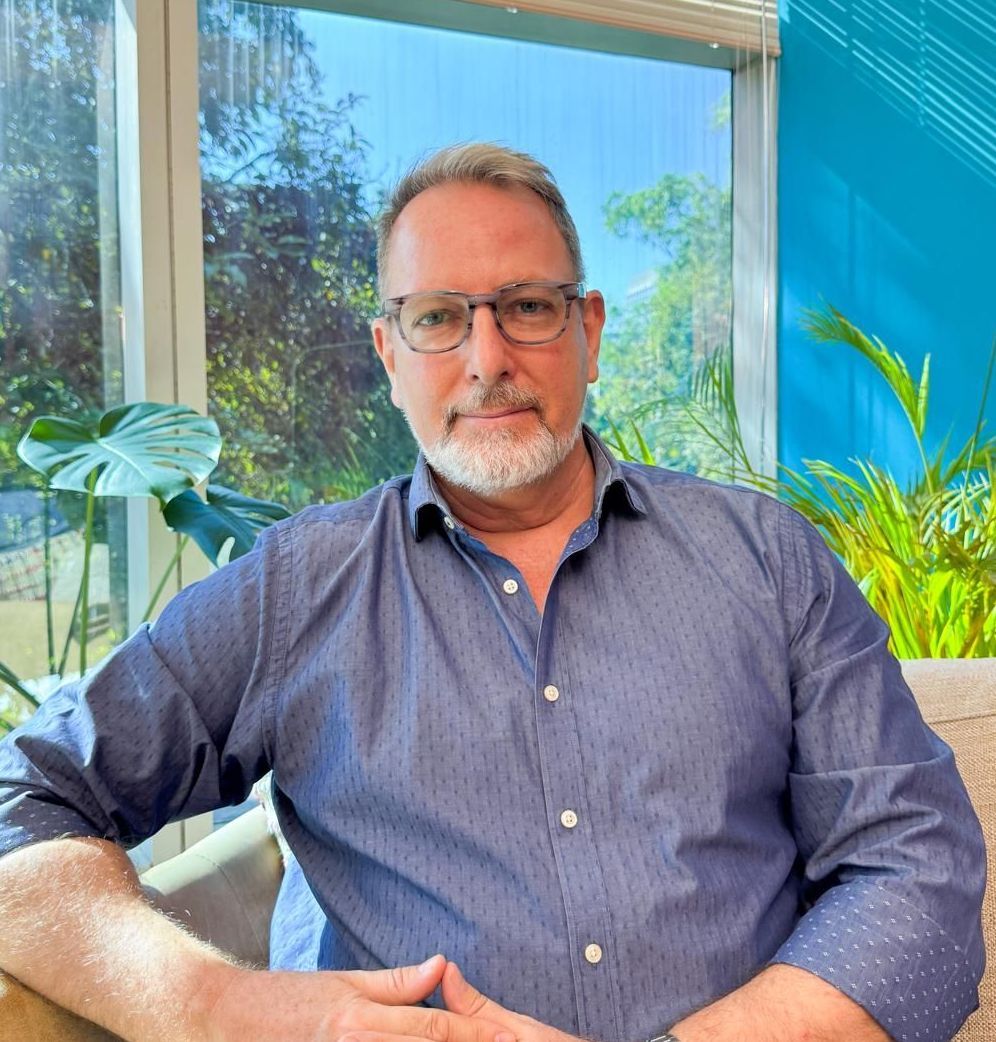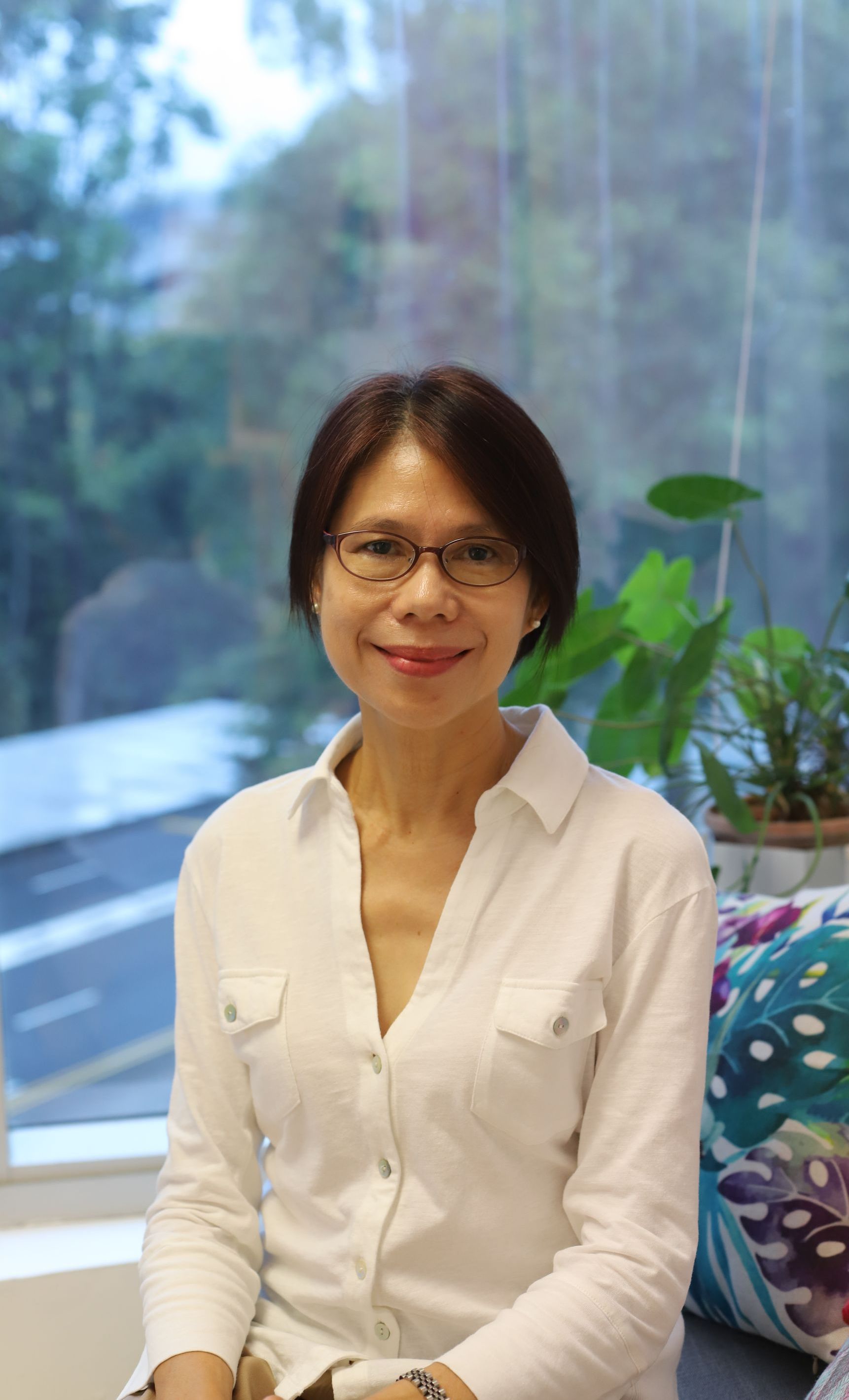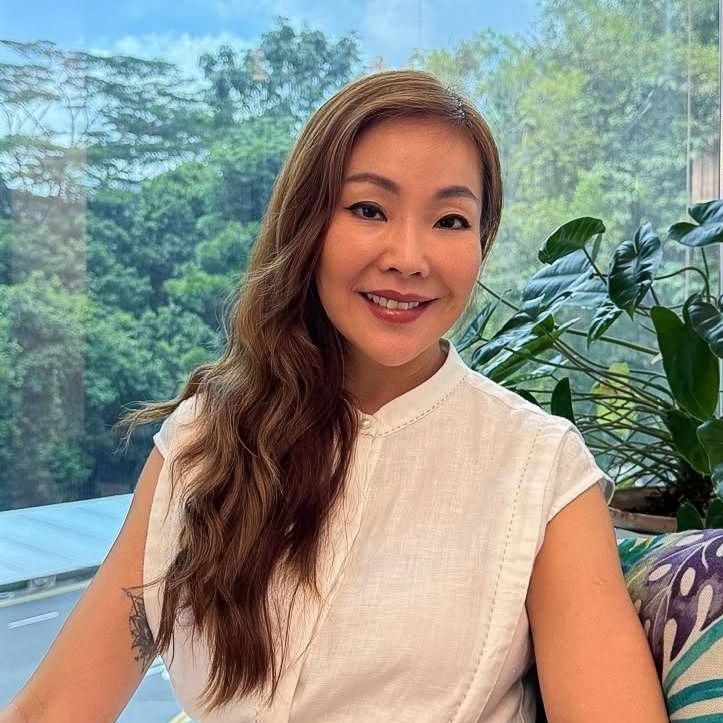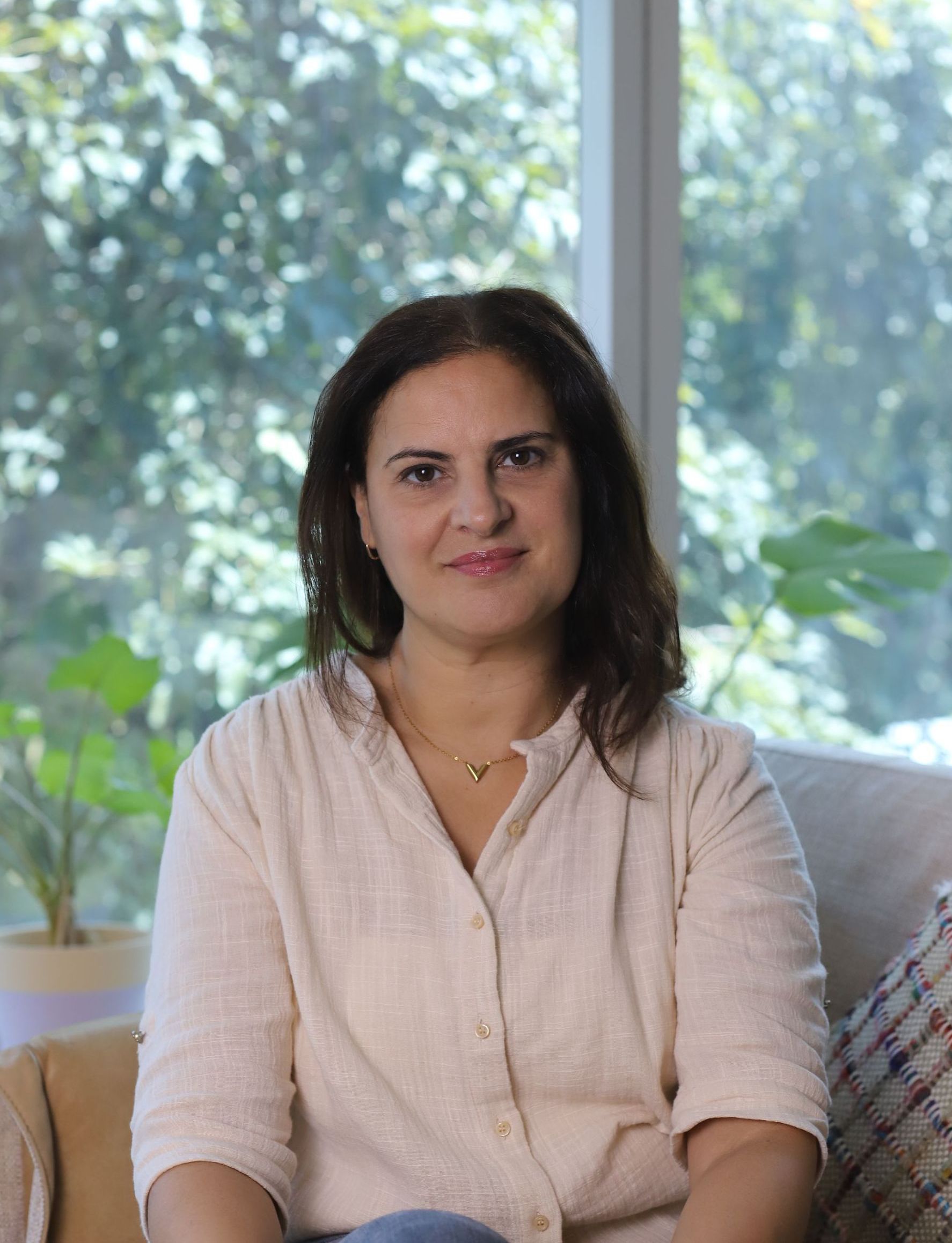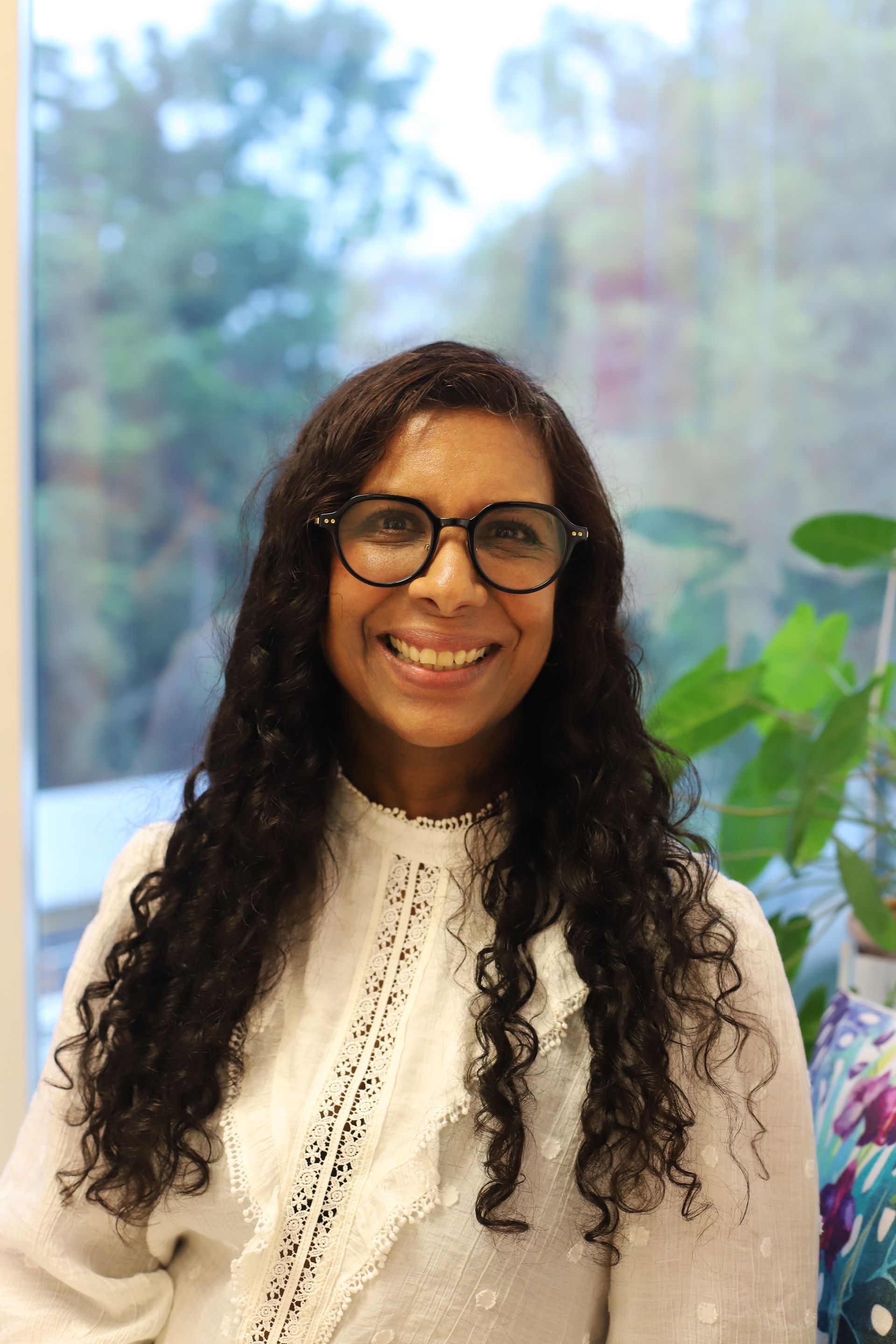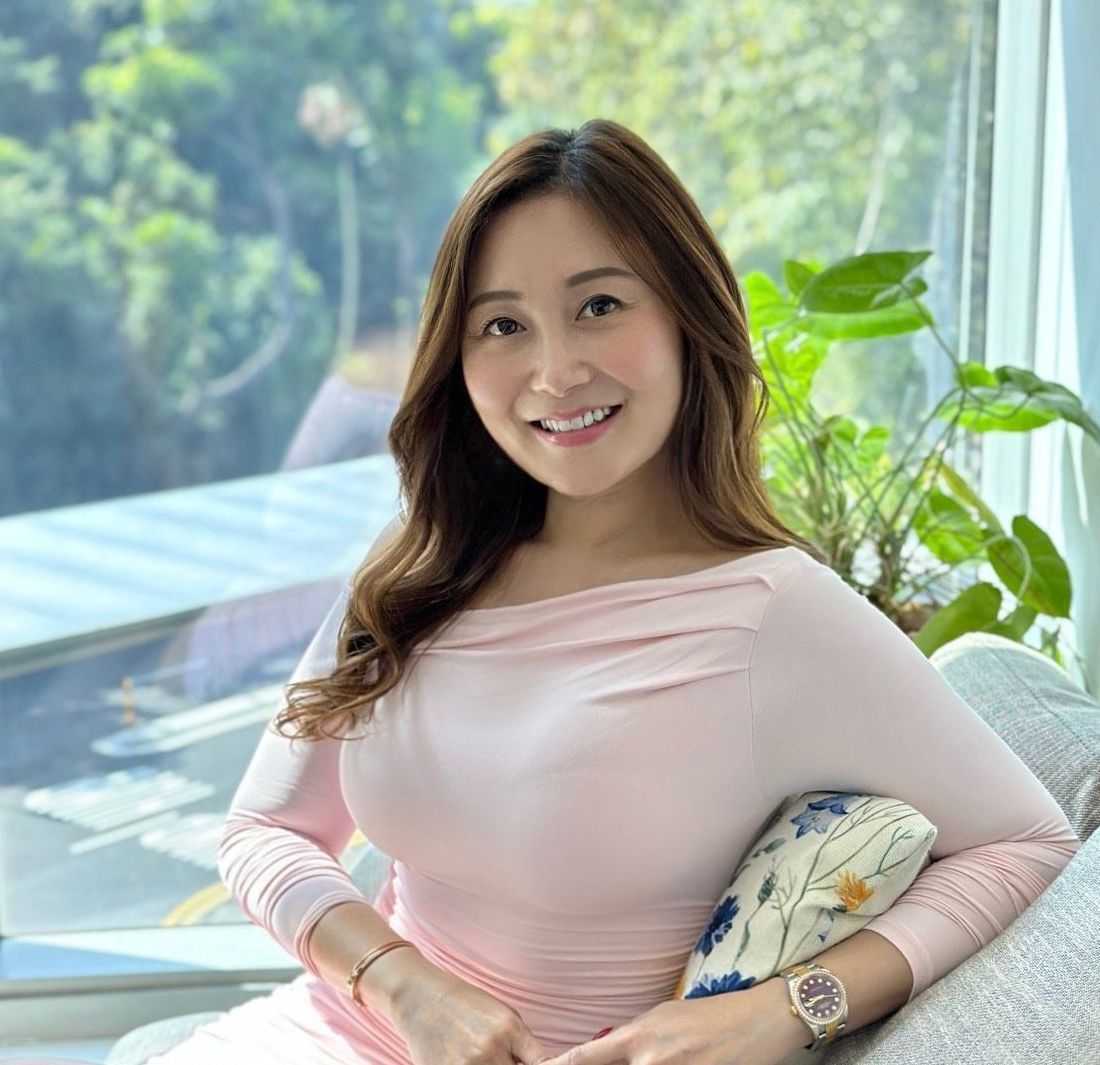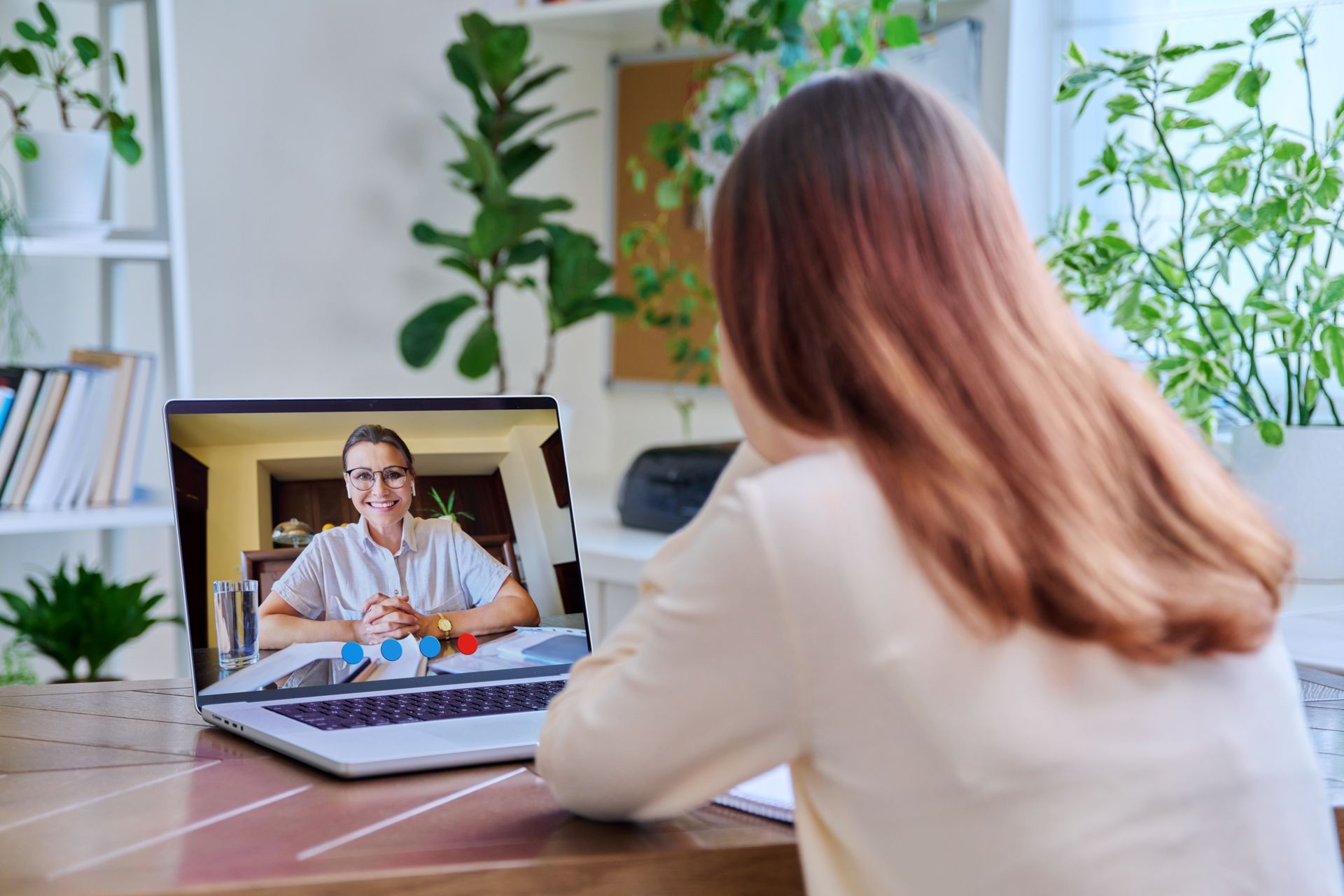Couples & Marriage Counselling in Singapore
Whether you are having problems in your relationship or you would just like to understand your partner better, talking to a professional couples & marriage counsellor can make a real difference. Marriage counselling sessions can also be helpful if you are looking to transition peacefully out of a marital relationship.
What is Marriage Counselling?
Marriage counselling, also known as couples counselling or relationship counselling, involves both partners in a romantic relationship working together with a therapist. This type of therapy can help improve communication skills and self-awareness, boost mental wellness and self-esteem, and foster a deeper emotional connection and mutual understanding between partners.
Although there was once a stigma around relationship counselling, this has significantly decreased in recent years. Many now recognize that even the most loving couples can face challenges, and seeking help is a positive step. You don't have to be married to attend couples therapy in Singapore — many of our clients are not. The only requirements are being in a relationship and having a genuine desire to improve it.
What to Expect From Couples Counselling?
For most couples, relationship counselling will not require a long-term commitment. The majority of our clients achieve successful outcomes in around twelve weeks of one counselling session per week, and often report significant improvement in the relationship dynamic within the first few sessions.
At your first session, your counsellor will ask you and your partner questions about yourselves and your marriage. For instance: where did you meet, how long have you been together, why did you get together, what brought you to seek therapy services, and what are your relationship goals.
The primary focus of this initial couples counselling session is not to assign blame, but to establish a safe and supportive environment for both parties. Your therapist will work together with you and your spouse to create an environment where each person can engage in open communication, process emotions, and work through any areas of concern.
As you attend subsequent therapy sessions, you and your partner will continue to gain insight and understanding into the other's needs, wants, and values. At the end of each session, your counselor may give both you and your spouse some homework exercises to complete before the next session.
Some of the work you will do in relationship therapy may be difficult, scary, or confrontational. For optimal results, you need to be willing to have an open mind, be emotionally focused and engaged during the counselling process, change some of your existing thought and behavioral patterns, and undergo active self-reflection and self improvement. Doing these things is not always easy or comfortable.
However, the hard work you put in is likely to pay off in the form of a stronger and healthier marriage. According to multiple studies, the majority of couples who have attended relationship therapy together are happier for having done so.
Counseling Perspective
Our Marriage Counsellors
Our relationship counsellors are mental health professionals who use evidence-based approaches to support individuals, couples and families through numerous relationship issues and major life challenges. Visit their biography pages to learn more about our couples therapists, or make a booking for you and your significant other today.
How much does it cost to attend marriage counselling (Singapore)?
Our couples counselling services range from $200 to $350 SGD per hour, depending on the qualifications and experience of the therapist you choose. Your health insurance may cover the cost of relationship therapy. We recommend to check with your insurance provider before beginning treatment. Marriage counselling is usually a short-term commitment. Most married couples finish their course of relationship counselling within twelve sessions. Sometimes only a few sessions are needed.
Is marriage counselling worth it?
Most couples who go to professional counselling find it helpful. According to one study, about 70% of couples who attend marriage counselling experience positive outcomes. Other sources claim higher success rates. For instance, according to the American Association for Marriage and Family Therapy, more than 75% of clients report improvement in their relationships after attending couples counselling. However, success is dependent on many factors. As with most things, the more that you and your spouse put into the counselling process, the better your outcomes are likely to be.
Does couples therapy work?
As mentioned above, studies and statistics show that marital counselling has positive outcomes for most relationships. Counselling can help couples to solve relationship problems, overcome communication difficulties, resolve long-standing conflicts, create healthier interaction patterns, learn stress coping mechanisms, and re-connect with their partners.
However, there are no silver bullets or guarantees. Sometimes, the relationship is too far gone for intervention to have any meaningful effect. And sometimes, people change. In such cases, counsellors can help partners work toward successful conflict resolution and an amicable winding down of the marriage. The aim during these sessions is to avoid introducing further trauma and anger, and instead focus on healing, forgiveness, and closure.
How should we prepare for our first marriage counselling session?
To get the most out of couples therapy services, it's best to go in prepared. Before going into the marital therapy room, we recommend that each partner spends some time thinking about what you want to achieve from going to professional counselling. Picture what your ideal future life will look like, free from the relationship challenges you're currently experiencing. If possible, set relationship goals together with your spouse, so you are aligned in purpose before counselling begins. Create a list of questions you want to ask your spouse while you are in session together, and be ready to answer any questions you are asked honestly.

